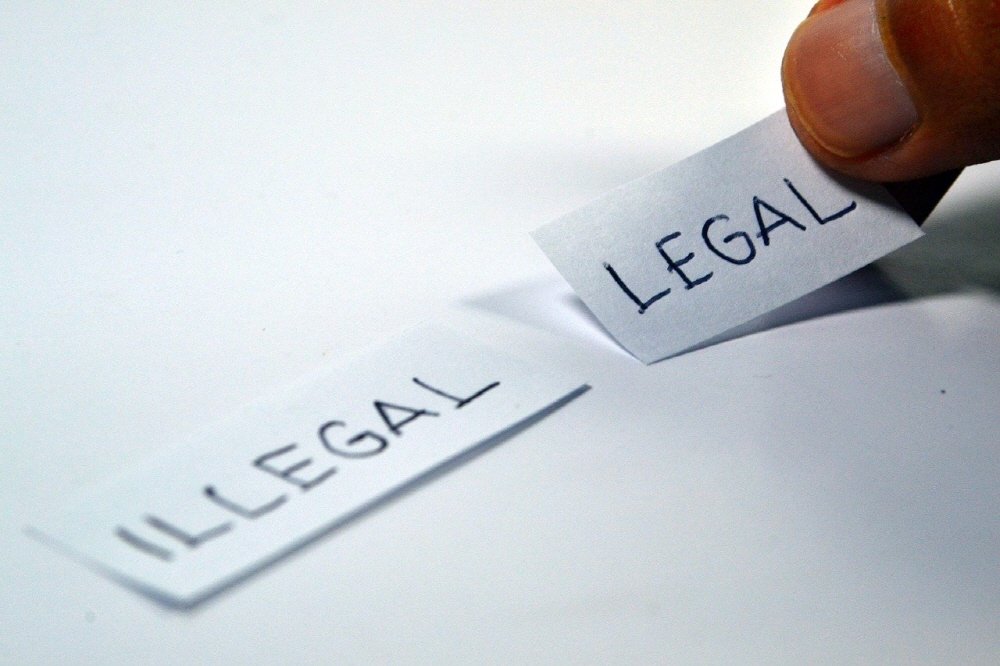
One of the US laws, the Computer Fraud and Abuse Act (CFAA), was enacted in 1986 to protect sensitive information such as military and financial information. It is still the basic law on the protection of US information. The information covered by this CFAA was admitted by the US Court of Appeals on the 9th Circuit, saying that the public information is outside the scope of the law.
The CFAA’s legal interpretation has remained similar in trials to this day. In 2017, there was a lawsuit between LinkedIn, a subsidiary of Microsoft, and hiQ Labs, a data analysis company, over web scraping, which automatically extracts information from websites. At the first referee, Haikyu won the victory. LinkedIn appealed to the Federal Court of Appeals, but Haikyu’s ruling was also ruled here.
The Federal Court of Appeals did not mention the scope of the CFAA at the time of its ruling, but agreed with the opinion of the lower court that in 2020, the CFAA is a law that regulates the intentional removal of specific person information by hacking, etc. that.
It also agreed with a ruling banning LinkedIn from interfering with the hi-Q scraping activities mentioned in lower courts, saying that the ruling will fundamentally shake up the issue of handling public information. In short, this ruling was recognized by the court that information disclosed on the Internet is not subject to protection by law. Related information can be found here .


















Add comment